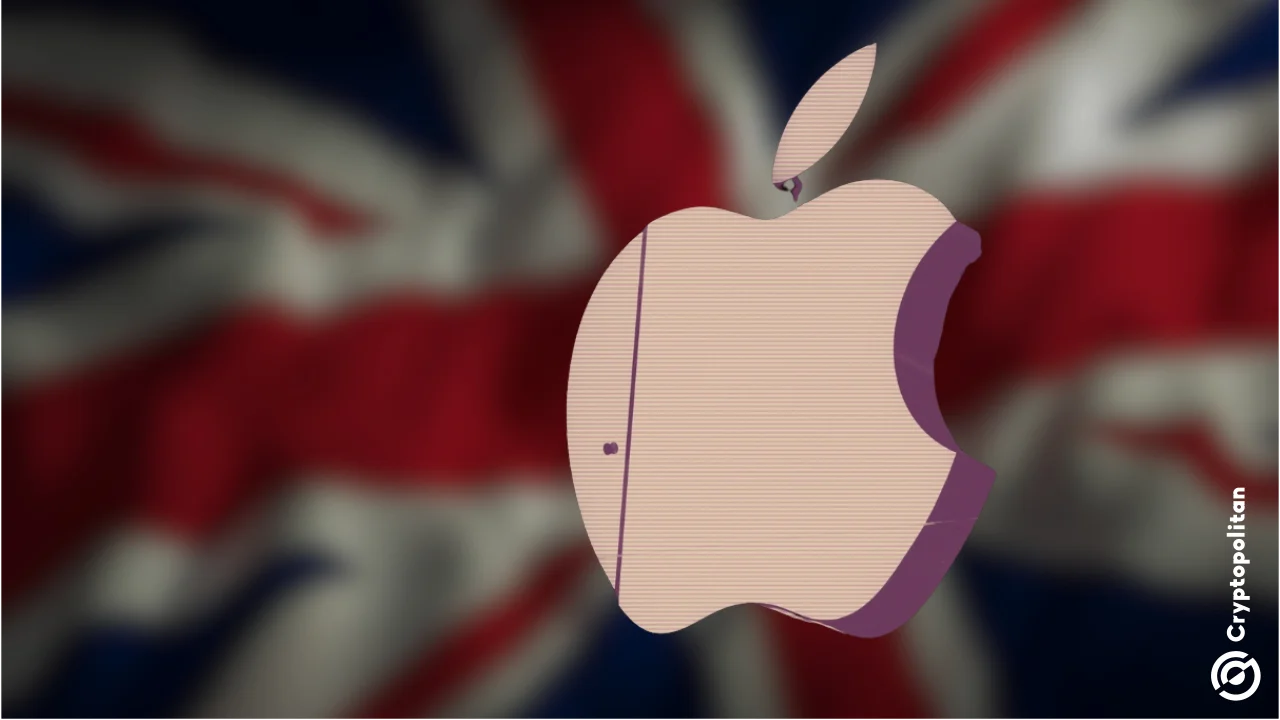The UK’s Request for Access to Apple’s User Data
The United Kingdom government has expressed its desire to gain access to user data stored by Apple, which has led to a growing tension between the US and UK governments. Two senior British officials have stated that Sir Keir Starmer has been leading efforts to find an appropriate solution to this issue.
This situation has become particularly intense, prompting officials to emphasize the need for the Home Department, the UK’s interior ministry, to step back from its initiative to access Apple’s cloud storage system. This decision came after the agency faced significant pressure from several high-profile US officials, including Vice President JD Vance.
Apple’s encryption policies are now threatening the long-standing tech partnership between the US and the UK. A representative from the UK’s tech department advised the government to reconsider its approach. According to the representative, JD Vance is strongly opposed to the move, and to avoid further conflict, there is an urgent need to address the issue.
Additionally, given that the US and the UK are currently engaged in a tech agreement, the UK’s attempt to persuade Apple to modify its end-to-end encryption could potentially disrupt the deal. This is because the Trump administration had previously raised concerns about similar topics, according to two officials who wished to remain anonymous due to the sensitive nature of the discussion.
Since Apple is a US-based company, the American government has made it clear that the UK should not interfere with American tech firms. One official noted that the encryption dispute highlights the challenges both nations face in strengthening their tech alliance.
Under Starmer’s leadership, the UK government has developed a strategy to manage this challenge and prevent it from escalating. The plan includes focusing on digital areas such as collaboration on artificial intelligence and data sharing.
A senior UK official criticized the Home Office for mishandling the situation, stating that the department’s actions on the encryption issue have placed it in a difficult position. The official emphasized that the Home Office now has a responsibility to help steer the matter toward a more constructive resolution.
Apple Challenges the Home Department’s Order
To understand the Home Department’s approach, it is important to note that in January, the agency instructed the US tech giant to create a hidden entry point for UK law enforcement agencies, allowing them to access client data stored in its cloud system. Interestingly, Apple itself did not have access to this information at the time.
The Home Department used the UK Investigatory Powers Act to implement this approach through a technical capacity-building notice. Critics of the agency’s action have called it a “snooper’s charter.” In response, the Home Department stated that their goal was to investigate terrorism and child sexual exploitation.
Apple did not provide a comment when asked about the matter. According to the law, companies cannot disclose details upon receiving such a notice. They can only reveal information if the Home Secretary permits it.
This type of regulation has sparked a fierce debate within the tech ecosystem regarding encryption technology. This conflict has been ongoing for nearly a decade.
In response to the UK agency’s demand, Apple moved its most secure cloud storage service out of the country in February. The tech company has also taken steps to challenge the order at the Investigatory Powers Tribunal (IPT), a UK judicial body that handles complaints related to security services.
WhatsApp, a messaging app owned by Meta, reportedly pledged support to Apple in this legal battle last month. This rare collaboration between two rivals has drawn attention.
Meanwhile, the Home Department is preparing a lawsuit against a US-based tech company in the tribunal.







